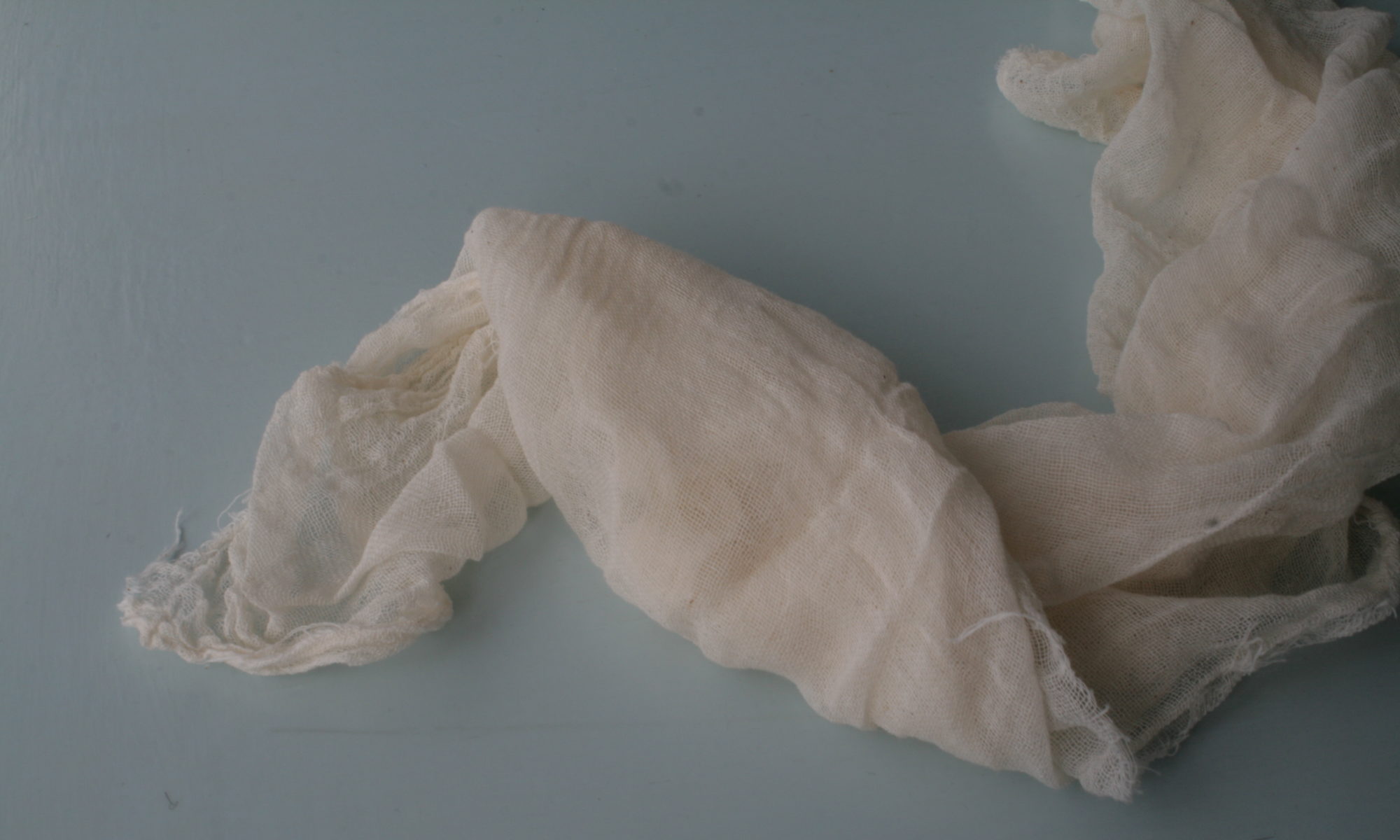I like writing. I like the precision of expressing my thoughts in carefully chosen words, how I can weigh words and choose the ones I mean the most in a given moment. Writing in the past has also been a kind of spiritual discipline for me, giving me pause to reflect, gather my thoughts and put form to how God has been speaking to me. But…I’m terrible at journalling, so the accountability of a weekly blog post is appealing.
So I admit it, there is something entirely self-indulgent about this discipline I hope to cultivate, because it is absolutely about my desire to be present to God in my life, to record how He is moving in and around me, and to enjoy and foster one of my only creative outlets. So although I am convinced that being vulnerable with our process of becoming more like Christ is essential to Christian community, and although my hope is that we can create a little of that here in this Unravelling Space, there is an aspect in which I am writing for me. If anyone else reads it and finds something of value in it, well that’s just gravy.
On the other hand, putting pen to paper and publishing thought in word on the internet for all eternity is not a super easy way to avoid my shadow self and the old nature wrapped up in those graveclothes. So I really wrestled with starting a blog, for a long time, wondering if the struggle would be worth it. As I said in my last blog post:
A good way to avoid both of those things is to avoid situations in which you risk experiencing them. If I don’t write, I won’t have to worry about feeding or starving my false identity which places my worth in the approval of others.
But as I prayed about it, God spoke to me about His grace. He reminded me that pretending the graveclothes aren’t there or covering them up with fanciness does not mean they disappear. He encouraged me that if I want to unravel these bits of death that still cling, I need deal with them and not just avoid them. Because I can seem holy when I avoid my triggers, but the truth is, avoidance does not equal holiness. If I want to truly deal with these things in my life, I need to stop avoiding and start stepping out and rehearsing the truth that my identity is found in Christ, and in God’s grace choosing His approval as more important. I need to practice stepping into His grace and wielding the armour He has given to defeat my foe and take back what the enemy has stolen. He reminded me that I will fail, because despite my best efforts I am not perfect; I will mistakenly place my identity in the approval or disapproval of others, and He assured me that His grace is already there, waiting for me in those moments too.
I realize that when I say that avoidance does not equal holiness, some may hear me saying that an alcoholic needs to prove their holiness by hanging out in a bar without taking a drink, or that we ought to purposefully put ourselves in situations of temptation in order to prove that we have overcome a particular struggle in our lives. That is not what I’m trying saying. What I am saying is that, in my case, avoidance came from a fear of imperfection, which comes with its own sense of bondage. Breaking free from that requires stepping out past my own ability to obtain holiness and falling flat into God’s grace.
So here I go, exposing some of that perfectionism and that false identity that places my worth in the approval of others. I’m ready to get a little more untangled from these burdensome things.
